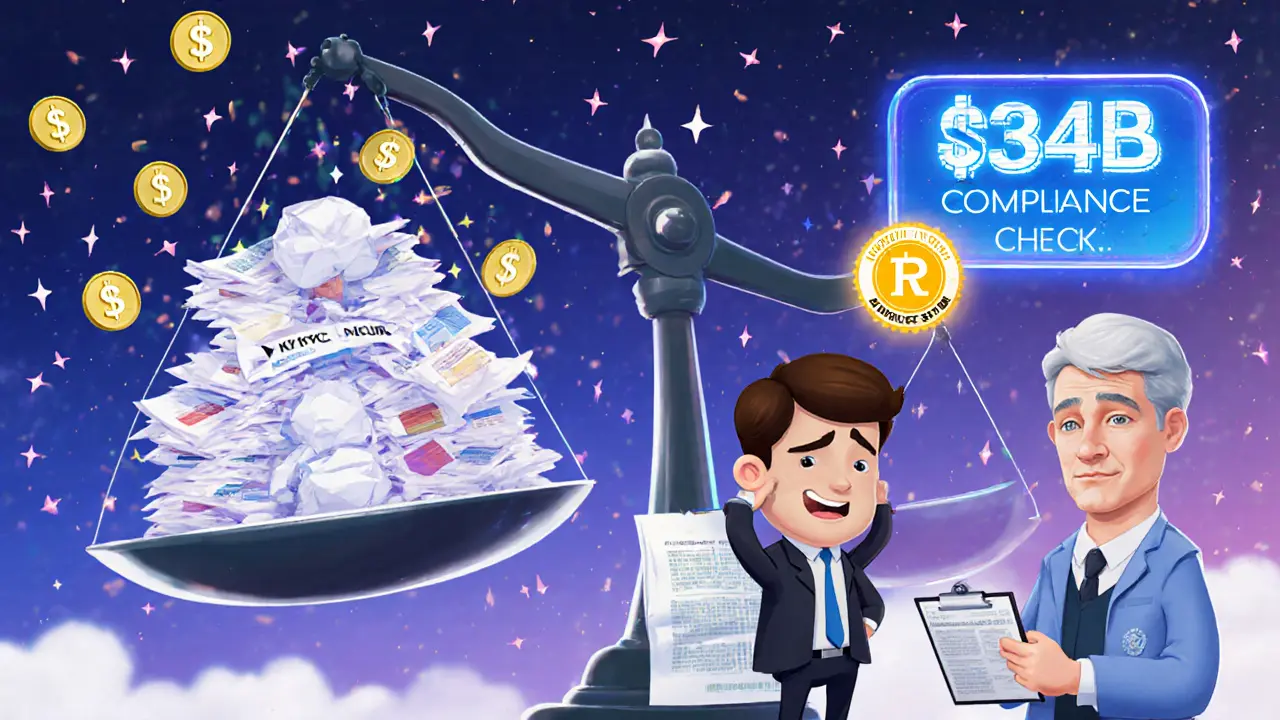Upbit Penalties: What Happened and How It Affects Crypto Traders
When Upbit penalties, fines and regulatory actions taken against the South Korean crypto exchange Upbit by financial authorities hit the news in 2021, it wasn’t just another exchange getting slapped with a fine. It was a wake-up call for the entire Asian crypto market. Upbit, once the largest exchange in South Korea by volume, was hit with a $1.4 million penalty for failing to report suspicious transactions and for letting users trade without proper identity verification. This wasn’t a minor oversight—it exposed how lax some exchanges were about anti-money laundering rules, even in a country that officially recognized crypto as a legal asset class.
The South Korea crypto regulation, strict financial oversight framework enforced by the Financial Services Commission and the Korea Financial Intelligence Unit didn’t just target Upbit. It sent a signal: if you operate in South Korea, you follow the rules or get shut down. Other exchanges like Bithumb and Coinone faced similar scrutiny. The regulators weren’t trying to kill crypto—they wanted to clean it up. That meant mandatory KYC, real-time transaction monitoring, and freezing accounts tied to illegal activity. For traders, this meant longer sign-up times, stricter withdrawal limits, and less anonymity. But it also meant safer platforms and fewer pump-and-dump schemes.
What’s often missed is how these crypto exchange fines, monetary penalties imposed by regulators on platforms for compliance failures changed behavior across the industry. After Upbit’s penalty, exchanges started investing in compliance teams, not just marketing. They hired former bankers, built internal audit systems, and even partnered with blockchain analytics firms like Chainalysis. The result? Fewer scams, more transparency, and a slower but more sustainable growth path. Traders who once chased low-fee, no-KYC platforms now understand why those places vanish overnight.
And it’s not just about money. The cryptocurrency compliance, the set of legal and operational practices exchanges must follow to meet government standards requirements forced platforms to rethink how they handle user data, report tax events, and prevent fraud. If you’re trading on an exchange today and it feels more like a bank than a wild west casino, that’s because of penalties like Upbit’s. They didn’t destroy crypto—they forced it to grow up.
Below, you’ll find real cases of exchanges that failed compliance, what regulators found, and how traders got caught in the crossfire. Some stories are about lost funds. Others are about how a single regulatory move changed the fate of a whole token. No fluff. Just what happened, why it matters, and how to protect yourself next time.
$34 Billion Potential Penalties for Korean Crypto Exchange Upbit Over KYC Failures
Upbit, South Korea’s largest crypto exchange, faced potential $34 billion fines for failing to verify half a million users’ identities. The crackdown exposed systemic KYC failures and triggered global compliance reforms.
- 23
- Read More
